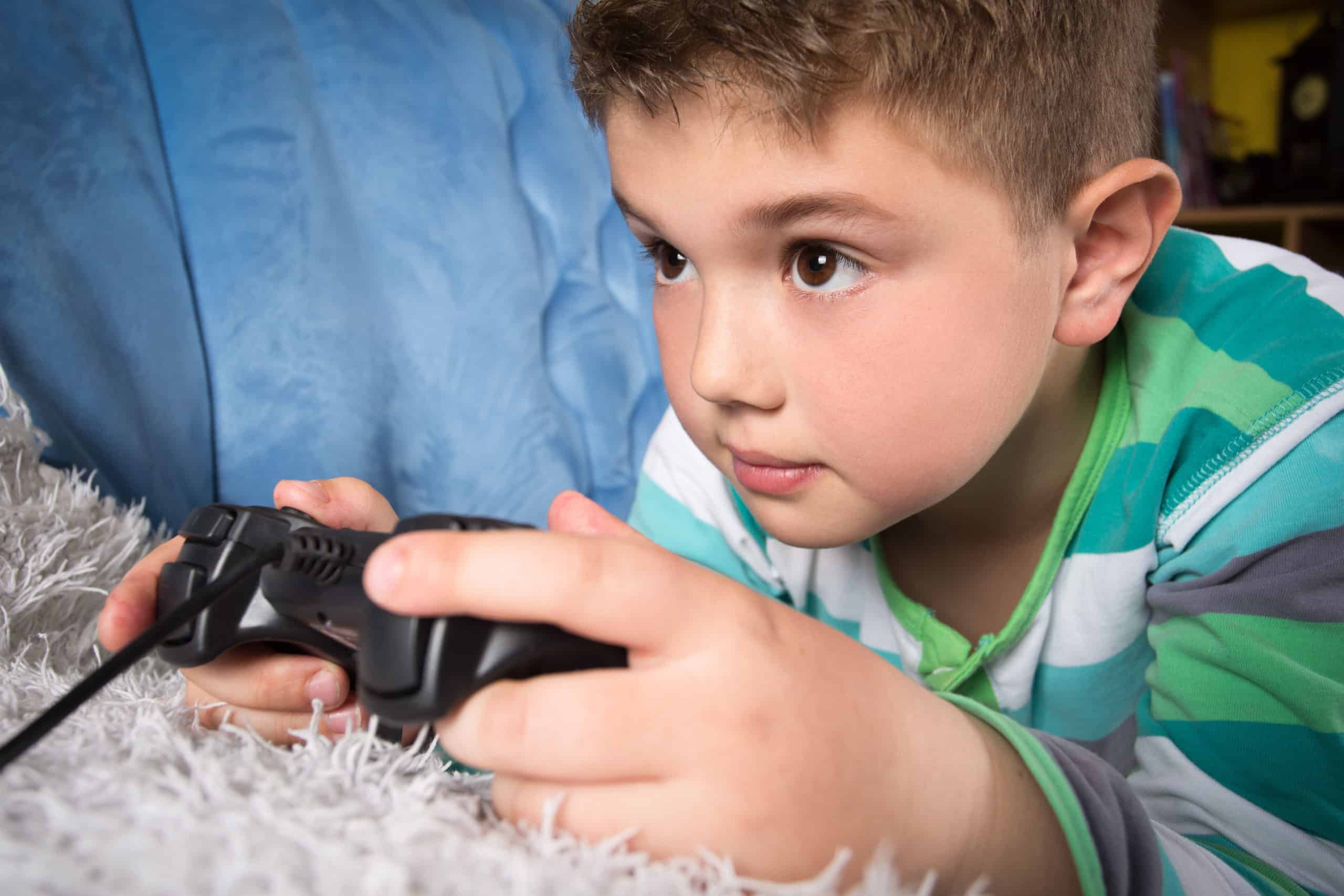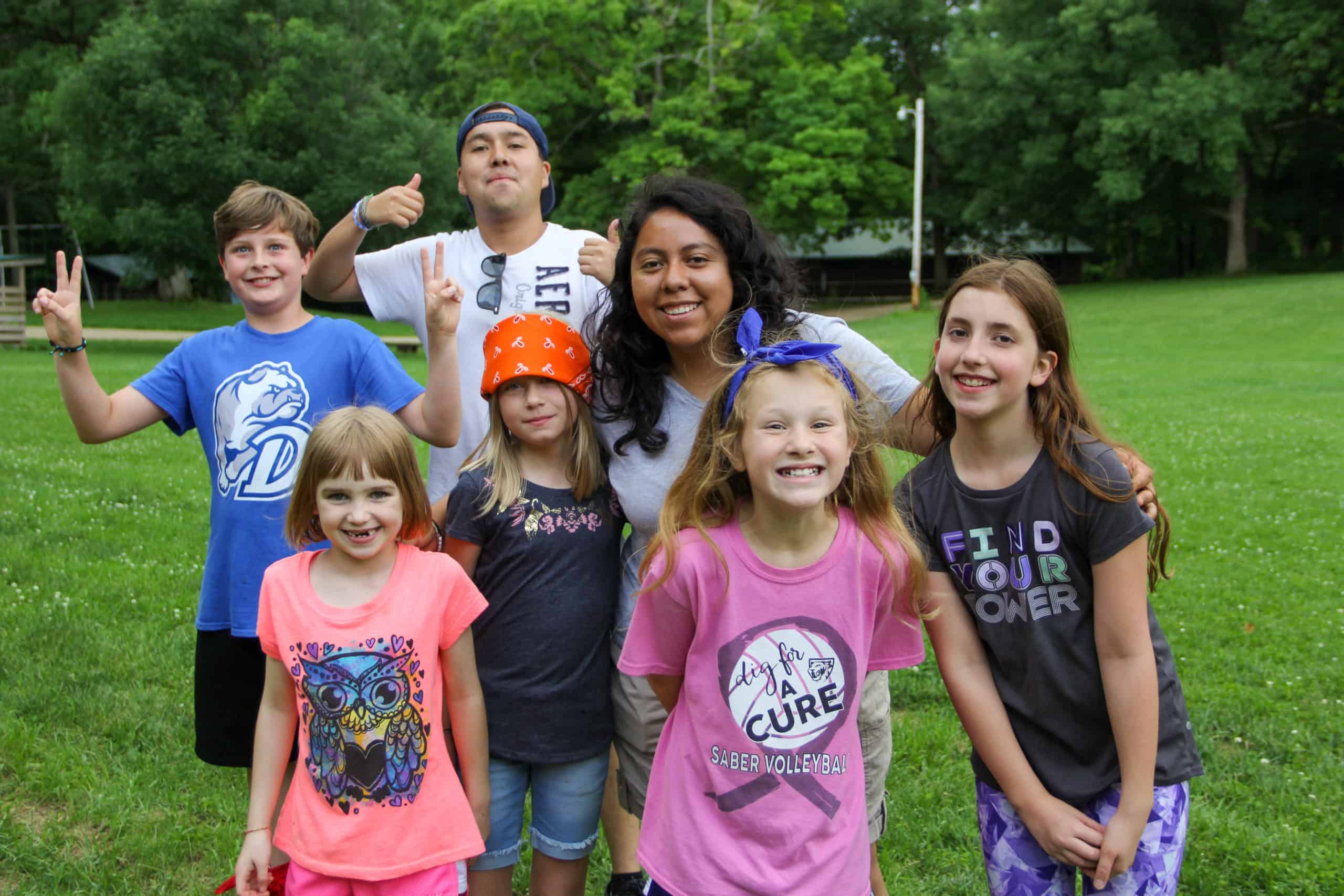In September of this year, the documentary The Social Dilemma was released on Netflix. It sparked many conversations about safe and healthy use of social media as well as its impact on our culture, society, beliefs, and ideas. The film addressed the unseen dangers lurking beneath the surface of our social media use.
Not all social media is bad. However, increase in social media engagement has had an effect on the mental health of users and especially young people. Thirty percent of 18-44 year olds will feel anxious if they go more than just two hours without checking Facebook. Much of their self-image and mental health is actually tied to their social media accounts as they compare themselves and their experiences to others. As a result, teens and young adults today are more likely to develop depression, eating disorders, and anxiety.
Relationships have also been impacted by social media. Approximately fifty percent of parents say that their phones took away from time they would have spent with their kids. Children under age fourteen will spend, on average, twice as much time on social media as they will in conversation with their families. More often than not, phones and devices disconnect users from the present moment and people they are with.

There are many more dangers to consider as social media use increases among children and teens. Unrestrained use of technology has led to a rise in cyberbullying and, as a direct result, consideration of suicide among its victims. Seventy-five percent of the content on social media is viewed for less than a minute before the user scrolls to the next thing, decreasing attention spans and the ability to focus. Increased social media use impacts brain development, changing the way children think, feel, and act. This is, truly, a social dilemma.
Why is all of this important? Today’s youth have benefitted from the connectedness of social media and the ease of access to information. However, they are often sucked into addiction, distraction, and low-self-esteem because of their devices. The more time they spend on social media, the more they disconnect with the world and people around them. They forget how to have face to face conversations, how to manage conflict, how to listen respectfully, and how to deal with stress.

The social dilemma can seem like an overwhelming problem for parents. The world is only becoming more digital. How can we ensure our children’s safety while not stunting their growth and opportunities? One simple thing you can do: send them to camp. At camp, children will un-plug and sign off. They will develop relationships. They will have to problem solve, empathize, and talk with friends in their group. They will live in the moment. They will be affirmed for who they are as a person. They will focus and learn. And all of it will happen while their screens are turned off.

Moderation is always key. However, for our kids (and if we are honest, maybe even for ourselves), social media can be an addiction that they cannot tear themselves away from without help. The latest push notification or buzz of a new text message will always be calling to them. Let’s help them learn how to navigate this digital world by reminding them that their worth, value, and relationships are not tied to their devices. Give them a chance to find success in a safe space, to dream and imagine, to open up honestly about their struggles, and to turn off the chatter of social media. It’s one step in helping our kids learn to navigate the digital world before them.
Want more information? Check out The Center for Humane Technology.

